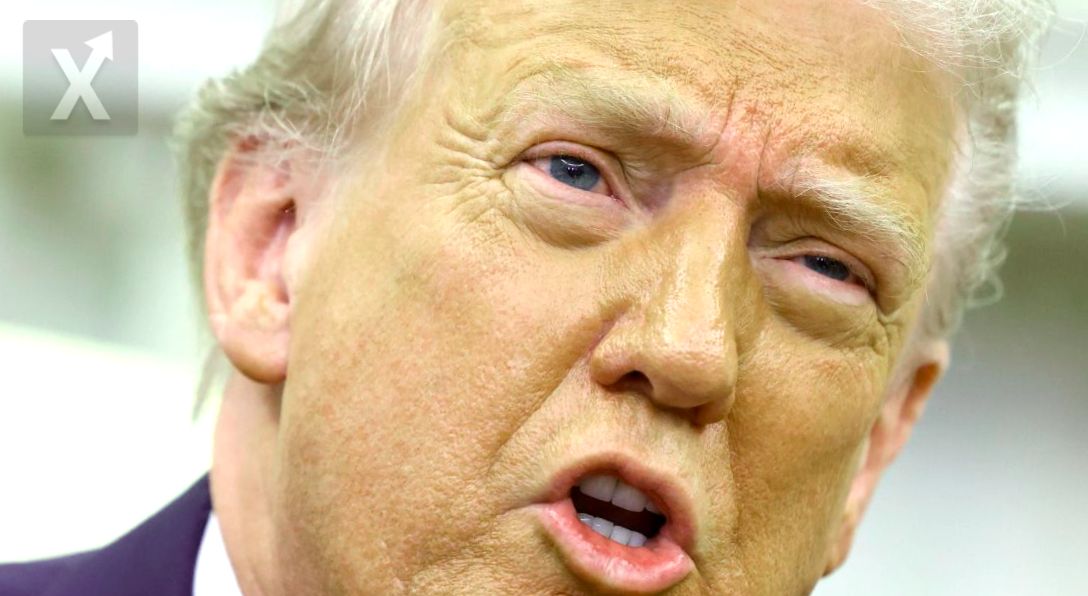China Responds to US Tariffs by Limiting Imports of American Films

China announced on Thursday that it will immediately restrict imports of Hollywood movies in response to the tariff increase imposed by President Donald Trump on goods coming from China.
After three decades of importing an average of 10 Hollywood films each year, its National Film Administration (NFA) declared that Trump's tariff hike will further decrease domestic demand for American films in China, which was already on the decline. "We will adapt to market rules, honor audience preferences, and moderately cut the number of American films we import," the NFA communicated through its website. Chris Fenton, author of "Feeding the Dragon: Inside the Trillion Dollar Dilemma Facing Hollywood, the NBA, and American Business," indicated that this action is a "pretty obvious way to express retaliation with almost no downside for China." Hollywood films make up only 5% of the total box office in the Chinese market, and what's even more challenging for Hollywood is that China imposes a 50% tax on that small amount before profits return to the United States, Fenton explained to Reuters. Hollywood studios only receive 25% of the Chinese box office, while in other markets, producers get double that, he added. In 1994, the importation of 10 American films per year began under a revenue-sharing distribution model recognized internationally. Movies like "Titanic" and "Avatar" gained immense popularity in the Chinese market, turning actors like Leonardo DiCaprio and directors like James Cameron into iconic figures among cinema lovers in China. Despite being the second-largest film market in the world, in recent years, the enthusiasm of Chinese audiences for Hollywood films has been declining, partly due to the rise of local entertainment culture. Since 2020, domestic productions have generally captured about 80% of annual box office revenue, compared to the previous 60%.
This situation reflects not only a series of trade tensions between two major economies but also a transformation in cultural consumption habits. The decline in the popularity of American cinema in China is a clear indicator of how global market dynamics can shift rapidly, which also impacts investment and distribution strategies for companies in the entertainment sector. Organizations seeking long-term viability must adapt to these new realities to stay competitive.





